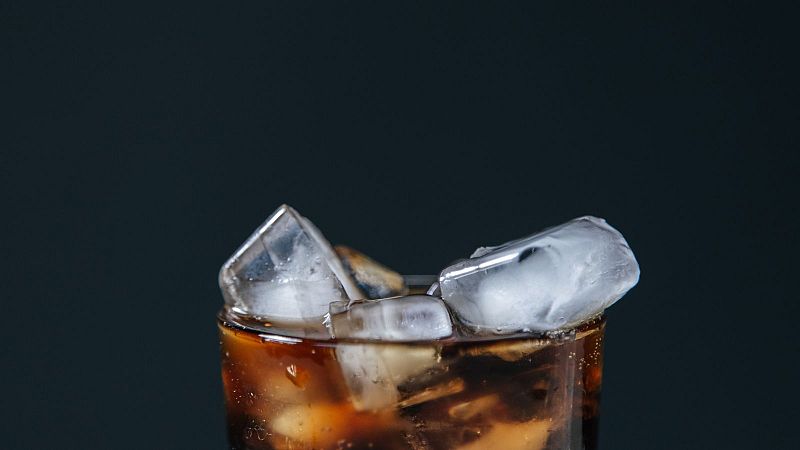Artificial sugar alternatives, such as sweeteners, may make your brain age faster, study finds

Artificial sugar substitutes, such as aspartame and saccharin, commonly found in low-calorie sodas and desserts, may carry long-term effects on the brain, a new study has found.
People who consumed the highest amounts of artificial sweeteners commonly showed a faster decline in cognitive skills, such as thinking and memory, than those who consumed the lowest amounts, according to the study published in the medical journal of the American Academy of Neurology.
The decline was about 62 per cent faster, roughly equivalent to 1.6 years of ageing, the research found.
“Low- and no-calorie sweeteners are often seen as a healthy alternative to sugar, however, our findings suggest certain sweeteners may have negative effects on brain health over time,” study author Claudia Kimie Suemoto, associate professor in the discipline of geriatrics at the University of São Paulo (Brazil), said in a statement.
The study analysed almost 13,000 adults in Brazil, with an average age of 52. Researchers followed the participants for an average of eight years, conducting tests on their memory, language and thinking skills at the start, middle and end of the study.
Participants were divided into three groups according to the quantity of artificial sweeteners they consumed. The group with the lowest intake consumed an average of 20 mg/day, while the highest intake group averaged 191 mg/day. This is roughly equivalent to the amount of aspartame found in a can of diet soda.
The research focused on a selected group of artificial sweeteners, including aspartame, saccharin, acesulfame-K, erythritol, xylitol, sorbitol, and tagatose.
All of them were associated with faster cognitive decline, except for tagatose, for which no such link was found.
The association between cognitive decline and artificial sweetener consumption was stronger in participants with diabetes than in those without.
“While we found links to cognitive decline for middle-aged people both with and without diabetes, people with diabetes are more likely to use artificial sweeteners as sugar substitutes,” Suemoto said.
However, no association between brain health decline and sweetener consumption was observed in participants over the age of 60.
The findings do not come as a surprise: concerns over the negative effects of artificial sugars are already being discussed in the scientific and medical communities.
Previous research had already pointed to the potential side effects of non-sugar sweeteners, including the increased risk of type 2 diabetes and cardiovascular diseases.
Additionally, products such as aspartame are classified as possibly carcinogenic to humans by the International Agency for Research and Cancer.
However, the study also has some limitations. It relied on diet information reported by the participants and exclusively analysed some non-sugar sweeteners. Furthermore, it highlighted a link between cognitive decline and the use of sugar alternatives, but not a direct cause-and-effect relationship.
In the European Union, alternatives to sugar undergo a safety evaluation before their commercialisation in the common market, and their use must be indicated on the label of a food or drink.
The European Food Safety Authority (EFSA) is currently re-evaluating the safety of all sweeteners permitted for use in foods before January 2009.
Today

